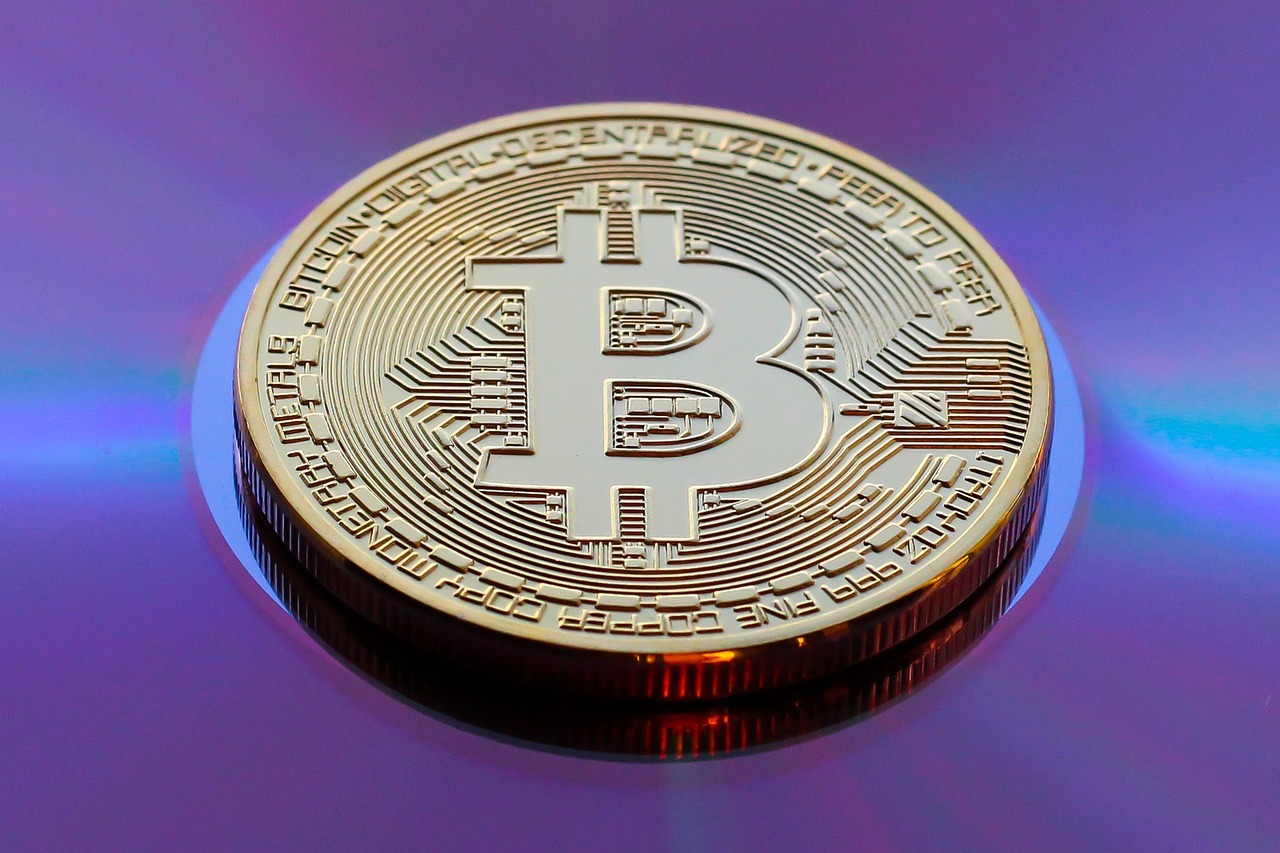Stronger Dollar Could Stall Bitcoin’s $100,000 Surge, Experts Warn
30.11.2024 12:00 1 min. read Alexander Stefanov
As Bitcoin nears the $100,000 mark, analysts caution that a stronger U.S. dollar could limit its growth.
André Dragosch, Head of European Research at Bitwise, highlighted that Bitcoin has historically struggled during periods of dollar strength, which signals tighter global liquidity. The U.S. Dollar Index has recently risen, and Bitwise’s models now indicate that the dollar is the key factor affecting Bitcoin’s performance.
Additionally, the U.S. Federal Reserve’s monetary policy is supporting the dollar, reducing expectations of rate cuts in 2024.
This creates an environment less favorable for Bitcoin, which thrives in more liquid conditions. Global developments, like potential interest rate hikes by the Bank of Japan, could further pressure Bitcoin by unwinding the yen carry trade.
With inflation in Japan rising and the BOJ signaling tighter policy, the global tightening trend could make Bitcoin’s climb to $100,000 more challenging in the short term. Analysts suggest that while Bitcoin remains resilient, its performance in the near term will depend on how central banks globally manage liquidity.
If the dollar strengthens further and other global central banks follow suit, Bitcoin’s path to new highs could be delayed as investors shift towards more traditional assets that are perceived as safer in a tightening environment.
-
1
Another Company Joins the Bitcoin Treasury Trend with $384M Funding Plan
24.06.2025 14:00 1 min. read -
2
Is Bitcoin Becoming the New Core Holding for Investors?
16.06.2025 20:00 2 min. read -
3
Bitcoin Below $100K? Veteran Trader Sees It as a Buying Opportunity
25.06.2025 10:00 1 min. read -
4
Real Estate Giant Plans $300M Bitcoin Purchase
22.06.2025 13:00 2 min. read -
5
Bitcoin Dominates Portfolios as Institutional Adoption Surges
25.06.2025 8:00 2 min. read
Crypto Inflows hit $1B Last Week as Ethereum Outshines Bitcoin in Investor Sentiment
Digital asset investment products recorded $1.04 billion in inflows last week, pushing total assets under management (AuM) to a record high of $188 billion, according to the latest report from CoinShares.
Saylor’s Strategy Halts Bitcoin Buying After Historic Accumulation
Strategy, the Bitcoin-centric firm formerly known as MicroStrategy, has temporarily paused its regular Bitcoin purchases.
Second Largest Bank in Spain Rolls out in-app Bitcoin and Ethereum Trading
Spanish banking giant BBVA has expanded its digital services by introducing in-app Bitcoin and Ethereum trading and custody for retail clients.
Bitcoin Rises as Thousands of Altcoins Disappear
According to a new chart analysis from Alphractal, the number of active cryptocurrencies has declined significantly even as Bitcoin’s price continues to climb.
-
1
Another Company Joins the Bitcoin Treasury Trend with $384M Funding Plan
24.06.2025 14:00 1 min. read -
2
Is Bitcoin Becoming the New Core Holding for Investors?
16.06.2025 20:00 2 min. read -
3
Bitcoin Below $100K? Veteran Trader Sees It as a Buying Opportunity
25.06.2025 10:00 1 min. read -
4
Real Estate Giant Plans $300M Bitcoin Purchase
22.06.2025 13:00 2 min. read -
5
Bitcoin Dominates Portfolios as Institutional Adoption Surges
25.06.2025 8:00 2 min. read


